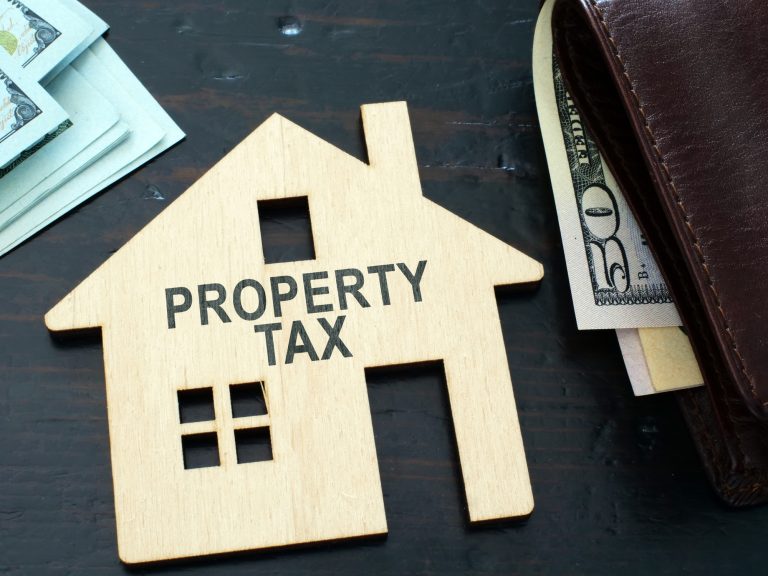Classification of Foreign Entities for Singapore Income Tax Purposes
For overseas‑incorporated entities engaging with Singapore operations, correctly classifying your foreign entity under Singapore tax rules is essential. This guide walks you through how IRAS determines whether a foreign entity is a company or a partnership for Singapore income tax purposes, including key factors, examples, and implications.
1. Why classification matters
The classification of a foreign entity may determine whether income tax is imposed on the entity or on its owners in Singapore. By aligning a foreign entity’s tax treatment with local equivalents, IRAS ensures parity in tax treatment of similar structures.
Tax planning: Understanding Foreign Tax Credits (FTC) in Singapore
2. The “ressemblance approach”
IRAS applies what is called the “resemblance approach”: the foreign entity’s traits are compared against the corresponding Singapore entity type (i.e., whether it resembles a Singapore “company” or a Singapore “partnership”). If it meets all of the factors for a company, it will be treated as such; if it matches a partnership, then that classification applies. If neither, IRAS will look at the entity’s tax classification in its home jurisdiction and other relevant factors.
3. Factors for classification
A. When a foreign entity is treated as a company
To be considered a “company” for Singapore income tax purposes, IRAS lists these key factors:
-
The entity is incorporated or registered under law in its home jurisdiction.
-
It has legal personality separate from its members/directors/managers.
-
It maintains share capital (or member undertakings to contribute assets on winding up).
-
It has at least one member and is managed by a board of directors/managers (which may or may not include its members).
-
It has perpetual succession until wound up or struck off.
-
(Except for entities limited by guarantee) Members are entitled to share in profits, subject to board dividend decisions.
B. When a foreign entity is treated as a partnership
For partnership classification, IRAS sets out these factors:
-
The entity is formed or registered under law in its home jurisdiction.
-
It has at least two members.
-
Members are entitled to share in profits as they arise — no formal resolution is required for distribution.
-
It does not have share capital (i.e., the concept of shares does not apply).
-
(Except for a limited liability partnership) The entity doesn’t have a legal personality separate from its members.
C. What if neither full set of factors is met?
If the entity does not satisfy all the factors for either a company or partnership, IRAS will consider other relevant factors — including the tax treatment of the entity in its home jurisdiction, how it’s structured and operated, and other substantive features. Once IRAS determines a classification, it generally applies that classification consistently for the same entity structure unless the structure changes substantially.
4. Example: classification in practice
Suppose you have a foreign entity set up in Country X:
-
It is incorporated under local law.
-
It issues shares, has a board of directors, limited liability for members, and members’ profits are distributed at board discretion.
Under the resemblance approach, this mirrors a Singapore “company” because it meets the factors (legal personality, share capital, board, rights to share profits, etc.). Thus, IRAS would treat it as a company for Singapore tax purposes.
Alternatively, if another entity in Country Y is formed under local law, with two individuals as partners, no share capital, members share profits in proportion as they arise, and no separate legal personality — this more closely mirrors a partnership under the IRAS factors, so it would likely be treated as a partnership for tax purposes.
5. Practical implications for your operations
-
💡 When setting up cross‑border entities, assess their structure against the IRAS company/partnership factors to anticipate Singapore tax classification.
-
If your entity is a “company” for Singapore tax purposes, tax may be imposed on the entity itself (as a separate taxable person).
-
If classified as a “partnership”, tax may instead flow to the members/partners based on their share of profits.
-
For complex hybrid or atypical entity types (e.g., trusts, entities with varied liability regimes, special purpose vehicles, etc.), extra care is needed since the entity may not clearly fit the factors.
-
Regularly review the entity’s structure: if it changes materially (e.g., incorporation status, liability changes, profit‑distribution mechanism changes), classification might shift and trigger tax implications.
Summary Table
| Classification | Key factors satisfied? | Tax treatment implication |
|---|---|---|
| Company | Legal personality, share capital, board of directors/managers, profit distribution by board, perpetual succession | Entity treated as separate taxable person |
| Partnership | Two or more members, no share capital, profit share as they arise, no separate legal personality | Tax flows to members/partners directly |
| Neither clear | Doesn’t meet full set of factors for either | IRAS examines home‑jurisdiction tax law, substantive operation and may make case‑by‑case determination |
Final Words
For foreign entities engaging with or operating in Singapore — especially for investors or multi‑jurisdictional corporate structures in ASEAN — correct classification is key to due tax compliance. Applying IRAS’s resemblance approach early can help avoid surprises down the track.
If you are unsure whether a foreign entity will be treated as a company or a partnership for Singapore income tax purposes — especially if the structure is hybrid, involves limited liability partnerships or is in a jurisdiction with unusual entity forms — consider consulting a Singapore tax advisor or obtaining an advance ruling from IRAS.
Advance Ruling System for Income Tax: Gain Clarity and Certainty in Your Tax Planning
Disclaimer: This article is for informational purposes only and does not constitute tax advice. Entities should consult a qualified tax advisor or IRAS for tailored guidance.




